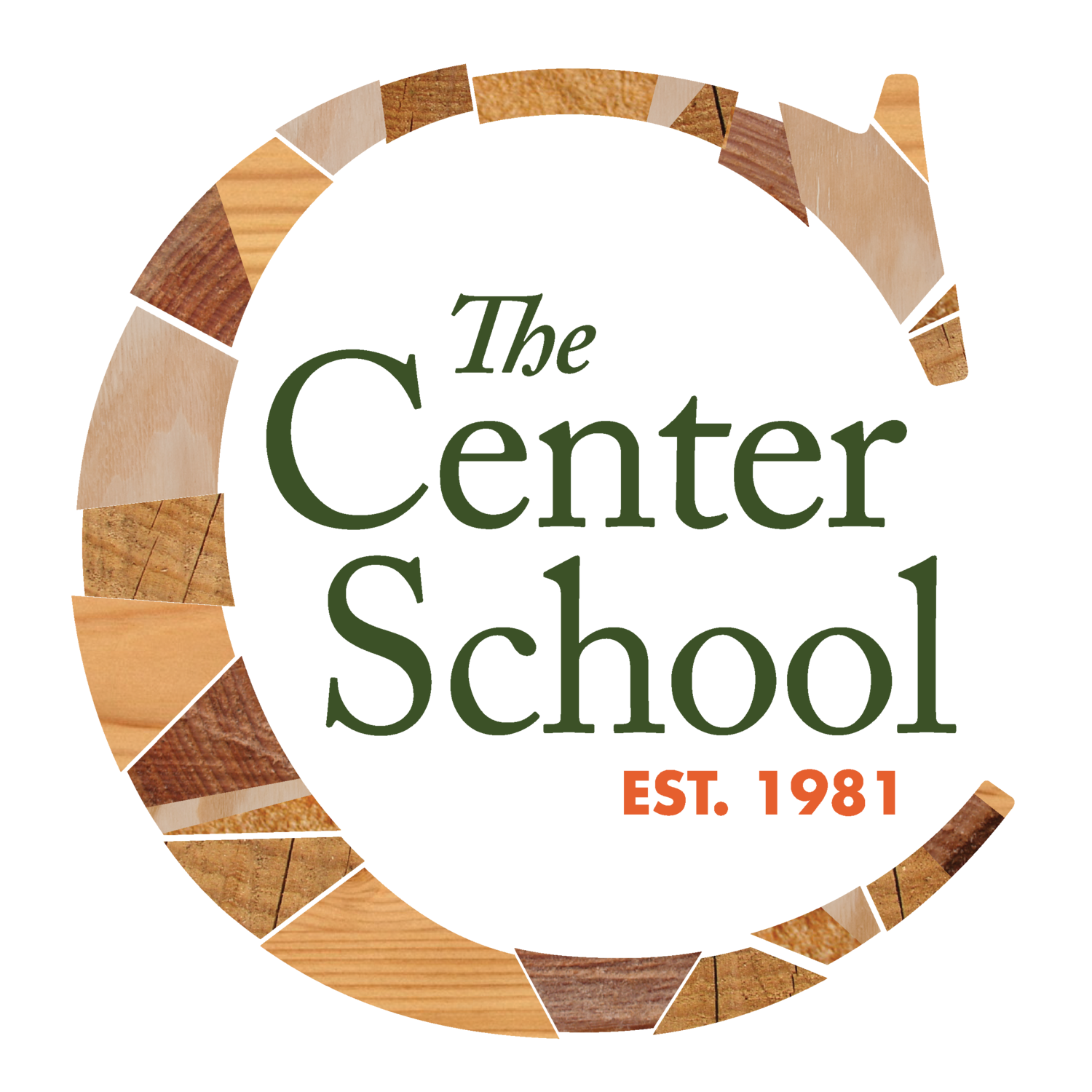GREENFIELD – Pupils at Greenfield Center School are celebrating the life of Albert Einstein this month by exploring the world of motion, electricity, magnetism and creative learning.
Special activities in recent weeks ranged from hooking up wires and buzzers and batteries to making pizza. The pizza part was to honor the period in Einstein’s youth when his family moved to Italy, and he reportedly ate pizza, said Wylie Earp, 12, from Shelburne.
The year 2005 is the 100th anniversary of three papers the 26-year-old Einstein wrote that changed the course of science worldwide. One of the papers introduced the famous equation, E=MC and the theory of relativity, although Einstein published a later paper expanding the theory.
The year 2005 is also the 50th anniversary of his death.
The Center School is a 25-year-old progressive private school with 140 pupils from kindergarten through grade 8. Its approach is part of the Responsive Classroom trademark program, originally piloted by the Center School, where social and academic learning is integrated. Several public schools in Greenfield use the same model.
Studying how Einstein lived in Italy as a youth was revealing to Wylie. That’s because Einstein struggled in school after his family left, Wylie said he learned from reading a biography on Einstein. His approach to learning was so creative, his teachers did not all approve. Without his family’s support, he had to leave school and join his family in Italy.
“He stayed in Germany so he could finish school. Sadly, he got kicked out of school, because of his bad attitude,” Wylie said.
Wylie and two other middle schoolers were helping two 7-year-olds to cook the pizza.
“It relates to Italy somewhat,” Wylie said of the pizza.
“He likes to play violin. His favorite food is pizza,” said 7-year-old Maya Watson, of Whately, reciting what she’d learned about Einstein.
Maya added some intriguing details she had learned not at school, but from her mother.
“They took his brain (after he died) to see if it was different from other people. When they found it wasn’t, they tried to put it back in the grave, and it was stolen,” she said, accurately recounting odd parts of American history.
Older pupils taught younger pupils during much of the month on Einstein.
“It’s less about them learning about Einstein and more about them teaching,” said fifth- and sixth-grade teacher Josh Treager.
Eleven-year-old Emma Marsters, of Ashfield, explained.
“When you’re teaching somebody else, like, you should know it,” she said.
“It’s really fun teaching them,” said Wylie.
Asked what she learned new about Einstein, Emma said, “I didn’t know that he didn’t like school at all.”
Wylie said they tried to explain Einstein’s Theory of Relativity to the first- and second-graders, but he couldn’t quite remember how, adding that history was his main interest rather than science.
Emma recalled that they shared with the children a compass experiment and the story of how Einstein’s father gave him a compass when he was 5. The response of the compass needle to the Earth’s magnetic field entranced Einstein, he later wrote, foreshadowing his lifelong fascination with the laws of the universe.
“We had a bowl of water and a compass needle and a cork,” Emma said, describing the homemade compass.
Over in another classroom, fifth- and sixth-graders were teaching first- and second-graders how electricity flows through certain materials, such as metal, to power devices such as a buzzer or a Christmas tree light.
Henry Weis, an 11-year-old from Montague, asked his first-grade charge if she wanted to explain how the wire and battery made the buzzer sound, but she was too shy, so he took over.
“The electricity uses the juice from the battery and takes it all the way around and turns everything on,” he said.
Einstein was the person who made the link between electricity and magnetism, said fifth- and sixth-grade teacher Rebecca Goldman.
Kindergarten teacher Brian Sabel explained the educational strategy for the younger children.
“They’re asking exploratory questions about electricity,” he said. “They are also interacting with older kids.”

